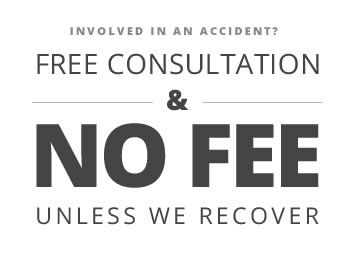Even when you know that an assault is an attack on another person, you may not realize that such misconduct can give rise to both criminal charges and a civil lawsuit. Under Maryland’s criminal statute on assault, an individual can be arrested for causing or attempting to cause physical harm to someone else. If convicted, an offender could be sentenced to a maximum of 10 years’ incarceration and a fine; the penalties can be harsher based upon the identity of the victim and whether the attacker used a weapon.
A civil lawsuit for assault is separate from criminal charges, which is why many people get confused about their rights and legal options after being hurt in an intentional attack. While you can count on a Maryland personal injury lawyer to handle the process, some answers to frequently asked questions might help you understand the differences between criminal and civil assault cases.
Who are the parties in assault cases?
A criminal case will always be prosecuted by the government, and the person accused of the offense is the defendant. You are the victim of and a witness to the attack, but you are NOT a party. If you sue in a civil lawsuit for assault, you become a party – specifically, the plaintiff. The defendant is the person who attacked you.
What is considered a “win” in criminal and civil assault cases?
The government prevails by securing a conviction against the defendant, and you may also gain some closure to see the person who attacked you face punishment. However, when you are the plaintiff pursuing a civil assault claim, you win by obtaining monetary damages for your losses. This result may be through a trial, but it is also a victory if you receive fair compensation through settlement.
Can I recover compensation if my attacker was not convicted?
Because the cases are separate, it is not necessary that the defendant be found guilty of assault. You can still prevail in your civil claim due to the lower standard of proof: In a suit for damages, you must prove your allegations by a preponderance of the evidence; in a criminal case, the government’s burden is proof beyond a reasonable doubt. Your attacker may have beat the criminal charges, but you only need to establish that your claims are at least 50% likely to be true.
What kinds of damages are available in a civil assault claim?
Compensation is the key, so the focus is on your losses and what is necessary to reimburse you. You may qualify to recover for:
- Medical costs;
- Lost wages;
- Pain and suffering; and,
- Emotional distress.
Do I need to retain a Maryland personal injury attorney?
It is crucial to have an experienced lawyer assist with your civil claim for assault, since these cases are much more complicated than other accidents. For more information, please contact attorney Michael A. Freedman at 410.363.6848 or via our website. We can set up a no-cost consultation to assess your situation and get started with a legal strategy.



